Amber McBride is an English professor at the University of Virginia. She also low-key practices Hoodoo and high-key devours books (150 or so a year keep her well fed). In her spare time, she enjoys pretending it is Halloween every day, organizing her crystals, watching K-dramas, and accidentally scrolling through TikTok for 3 hours at a time. She believes in ghosts and she believes in you.
I had the opportunity to interview Amber, which you can read below.
CW: Discussion of Unite the Right Rally and depression.
First of all, welcome to Geeks OUT! Could you tell us a little about yourself?
Hi, so happy to be here! Thank you for having me! My name is Amber McBride, and I am the author of Gone Wolf, Me (Moth) and We Are All So Good At Smiling! I am a poet and professor who lives in the countryside in Virginia. I am also a Mother of Bees, two hives of bees to be exact—one is feisty one is relatively calm. Outside of professoring and writing I practice Hoodoo, which is an African American folk magic system.
What can you tell us about your latest book, Gone Wolf? What was the inspiration for this story?
The idea for Gone Wolf first flickered to life after the Unite the Right Rally that happened in my mother’s hometown of Charlottesville, Virginia in August of 2017. Being Black and living in the United States is such a compilated, nuanced and sometimes frightening experience. I wanted to challenge myself to dive deeper into that nuance and fear. The only way I could do that was by leading with feeling which is what the main character, Imogen, does throughout Gone Wolf. I sat with the idea for a long time and ended up writing several versions before the story of Imogen and Ira surfaced.
While writing this book I also read The Warmth of Other Suns by Isabel Wilkerson for the second time in my life and the feeling that history often repeats when it is not told truthfully really came to light.
As an author, what drew you to the art of storytelling, particularly novels in verse?
I come from a lineage of storytellers; people who told stories but did not write them down. So, I think storytelling, mythmaking, folklore crafting is in my blood. I was always a child who felt a lot—like my skin could not hold all the emotions inside of me. Then, out of nowhere, when I was 11 I wrote a story about a unicorn who flew down from the sky and saved a little girl from all her feelings. Soon after that I wrote my first poem. For me poetry became a gift that helped me process complex emotions.
In my books I usually write in verse when the heart of what I want the reader to grasp is a feeling that I can’t explain. A feeling that poetry gives life to. Gone Wolf is mostly written in prose because it has a clear message—what happens when we don’t tell history correctly?
As someone who has written both young adult and middle grade fiction, what attracts you in writing for these demographics?
I trust young adults as readers. I trust that they can glide on vibes and feelings. I trust that they will follow a character to the edge of the known universe even if the plot is wonky. It’s a privilege to write for young people.
When I write poetry for adults, I know logic will enter the chat very quickly. I love the whimsy, joy, and hope that YA and MG has space for, but most of all, writing for this demographic makes gives me hope. Young people make me hope-filled.
Regarding your previous work, We Are All So Good at Smiling, I found it profoundly beautiful how you explored the subject of mental health with magic. What inspired you to write about depression this way? Also, if you feel comfortable, could you talk a little about what writing about this subject means to you?
Thank you for this question. I’ve been an advocate for mental health awareness for all my adult life. I was first “officially” diagnosed with clinical depression in college and more recently diagnosed with treatment resistant depression—so my mental health is something that stiches through much of my life. I wanted to write about it differently in We Are All So Good at Smiling because the haunting feeling of being depressed is so real, heavy and often it feels like only magic can help it.
I also wanted to highlight that anyone can experience depression—Baba Yaga, Mama Wata, it’s not a thing to ashamed of and there are many tools and resources out there to help. In We Are All So Good at Smiling, Whimsy and Faerry realize that there are flickers of magic everywhere; in friendship, in community, in fairytales and with the right tools they can make it out of any haunted garden.
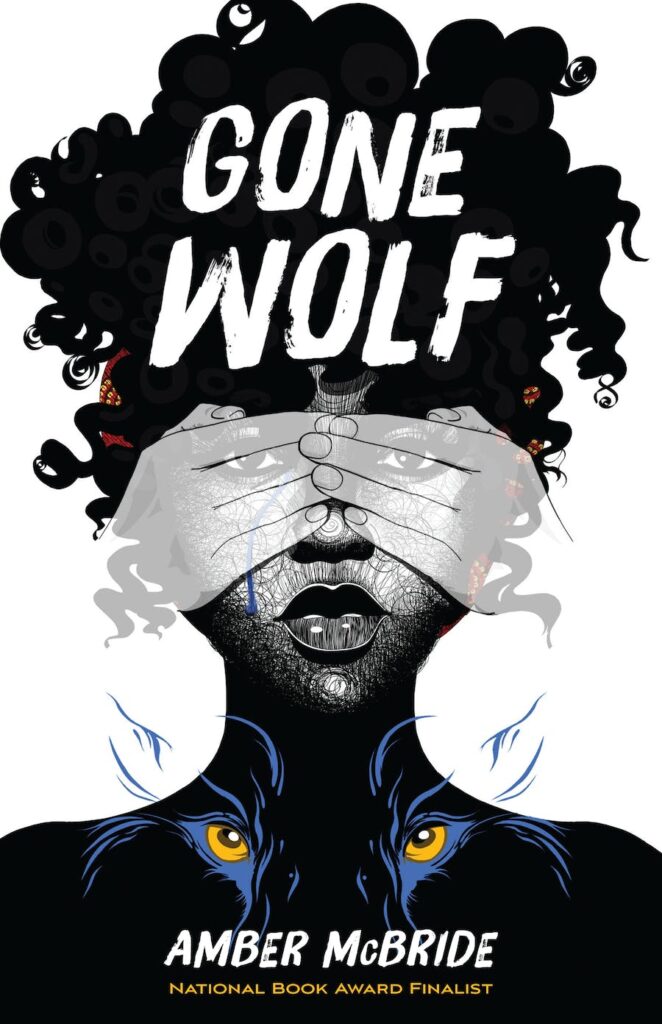
In previous interviews, you’ve discussed how you and your characters are informed by unique belief sytems such as root work and Hoodoo. Would you mind speaking a little of what it means to you to feature this in your books?
Seeing a belief system that had to be hidden for hundreds of years on the page means everything to me. My ancestors crafted Hoodoo while in bondage and used its tenants to keep healthy and to create balance. My ancestors are fierce and brave—I hope they are proud of me.
These practices sustained my ancestors and have fortified me. When I have young people, from all backgrounds, ask me about it I love being able to start a conversation about ancestral respect, herbalism and magic—finding power in oneself and the living world around them.
How would you describe your writing process?
I don’t plot. I don’t have daily word goals, but I do sit down six days a week hoping diligence gets creativity to spark.
Dance is a huge part of my process. I was a competitive contemporary dancer when I was younger. So, I often will want words to feel like a certain sequence of choreography on the page, which means I am often standing up moving, then sitting back down and writing.
Growing up, were there any stories in which you felt touched by/ or reflected in? Are there any like that now?
As a kid the stories that most touched me were the ones that my dad told me and my sister as bedtime stories. They were tall tales of him growing up in Alexandria, Virginia and Washington DC. Outside of that the stories that my grandparents and great uncles told me—I would listen to them for hours.
That’s not to say there was not literature I loved, Chronicles of Narnia series, Amber Brown is not a Crayon books—but there were not many books with characters that looked like me in the 1980’s-90’s. When I was in high school, I devoured Toni Morrison and James Baldwin. That’s when I really started seeing myself in books. When I met Toni Morrison right out of grad school, I sobbed.
As a creative, who or what would you say are some of your greatest creative influences and/or sources of inspiration in general?
Dance. Music. Nature. People. Dance (again). Documentaries. The phases of the moon. My bees. The fact that crows can talk but just don’t! Forests are connected by a network underground! Love is a medicine that amplifies all others!
Everything. Life. Curiosity.
Also (always) ancestors inspires me.
What are some of your favorite elements of writing? What do you consider some of the most frustrating and/or challenging?
I love editing. I think that’s the poet in me. At risk of sounding too cliché, I really don’t find any part of writing frustrating. I find joy in the working and unworking of it. Like when you are learning new choreography and you practice till the movement fits your skin seamlessly. Like when you have to dig a 24-inch-deep hole to plant a tree and when you are filling the dirt back in all you are thinking about is how at this very moment—the living soil and living roots are conversing; literal magic is happening. I like the process in most things, especially writing.
Wait, I just remembered, I do very much dislike the first round of copyedits on novels in verse. lol.
Many creators would say one of the most challenging parts of writing a book is finishing one. What strategies would you say helps you accomplish this?
Don’t feel like you must write in sequence. Write what you are excited about.
Let yourself write badly. No first draft is stunning.
Aside from your work, what are some things you would want others to know about you?
Mystery is fine.
Jokes aside, I think everything you need to know about me is in my books.
What’s a question you haven’t been asked yet but that you wish you were asked (as well as the answer to that question)?
Q: If a tree falls in the woods and no one hears it, does it make a sound?
A: If you believe every living thing (even trees and leaves and streams) have awareness and a soul, yes. If you don’t, no. So, clearly the answer is, yes.
This question spurs hour long debates with my friends.
What advice might you have to give for other aspiring writers?
Only you can write the story living in your heart and I promise you, someone needs it. Someone is waiting for it.
Are there any other projects you are working on and at liberty to speak about?
Very excited to hype up all the extraordinary Black poets featured in Poemhood: Our Black Revival, which is a young adult poetry anthology on folklore and the Black experience that comes out January 30, 2024. My debut (adult) poetry collection, Thick with Trouble, comes out in February 13, 2024. My next MG, Onyx and Beyond, is inspired by my dad and is about a boy named Onyx whose mother has early onset dementia, come out in October 2024. Also, a picture book in 2025.
Finally, what books/authors would you recommend to the readers of Geeks OUT?
This is my favourite question! In the Shadow Garden by Liz Parker is a perfect fall witch book. This Appearing House by Ally Malinenko is brilliant, and her next book Broken Dolls is also wonderful. Vinyl Moon by Mahogany L. Browne is an excellent novel in verse and To Break a Covenant by Alison Ames who also has a pirate book and a demon book coming so look out for her name. I am most looking forward to The Other March Sisters which is a queer Little Women reimagining coming out in 2025 and Blood at the Root by LaDarrion Williams.

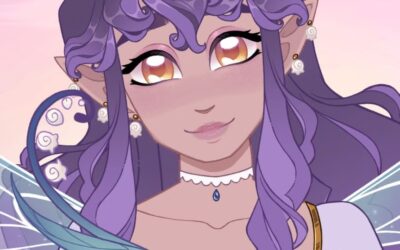
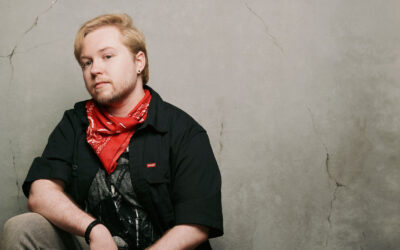
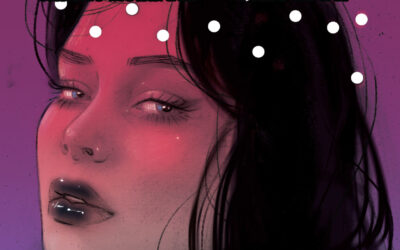
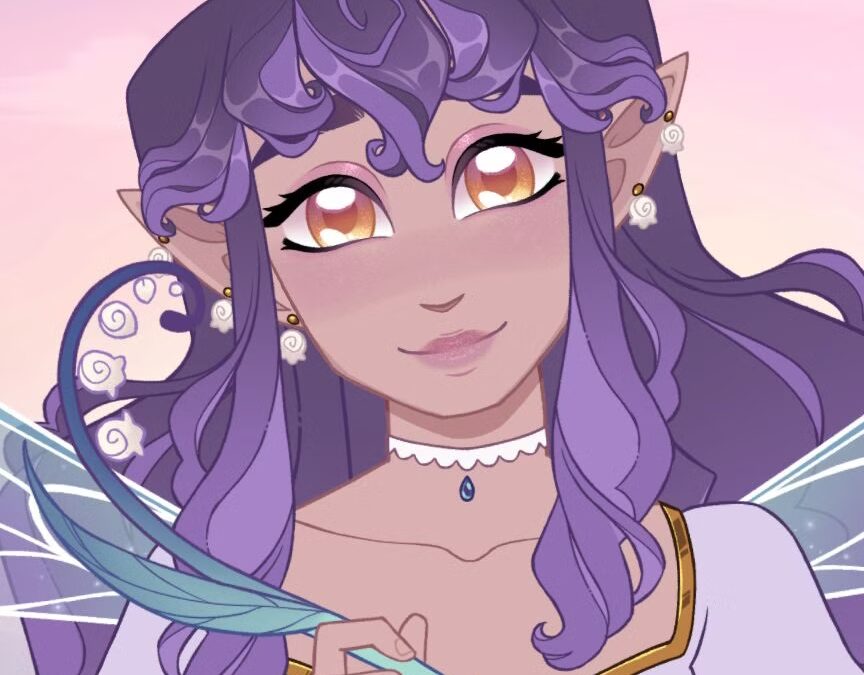
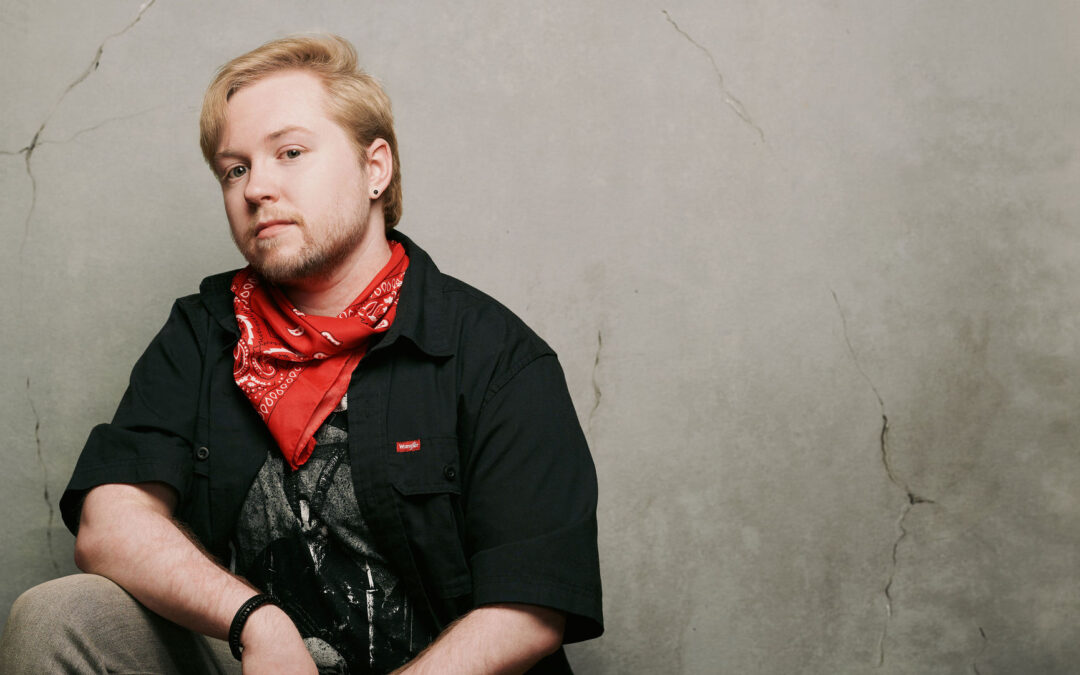
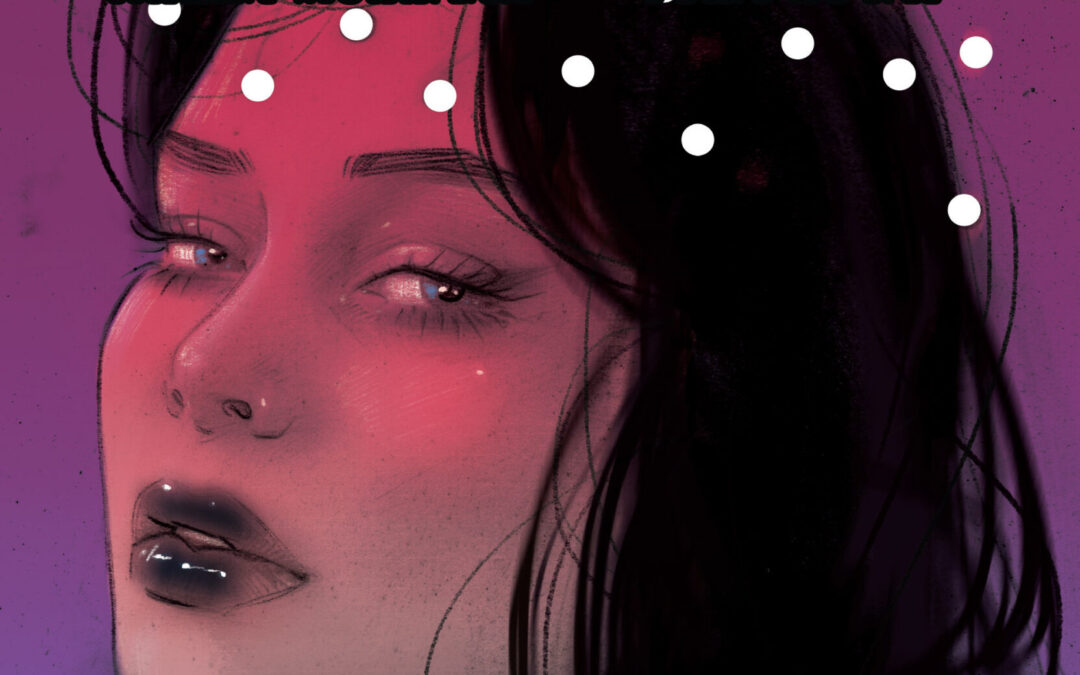
0 Comments